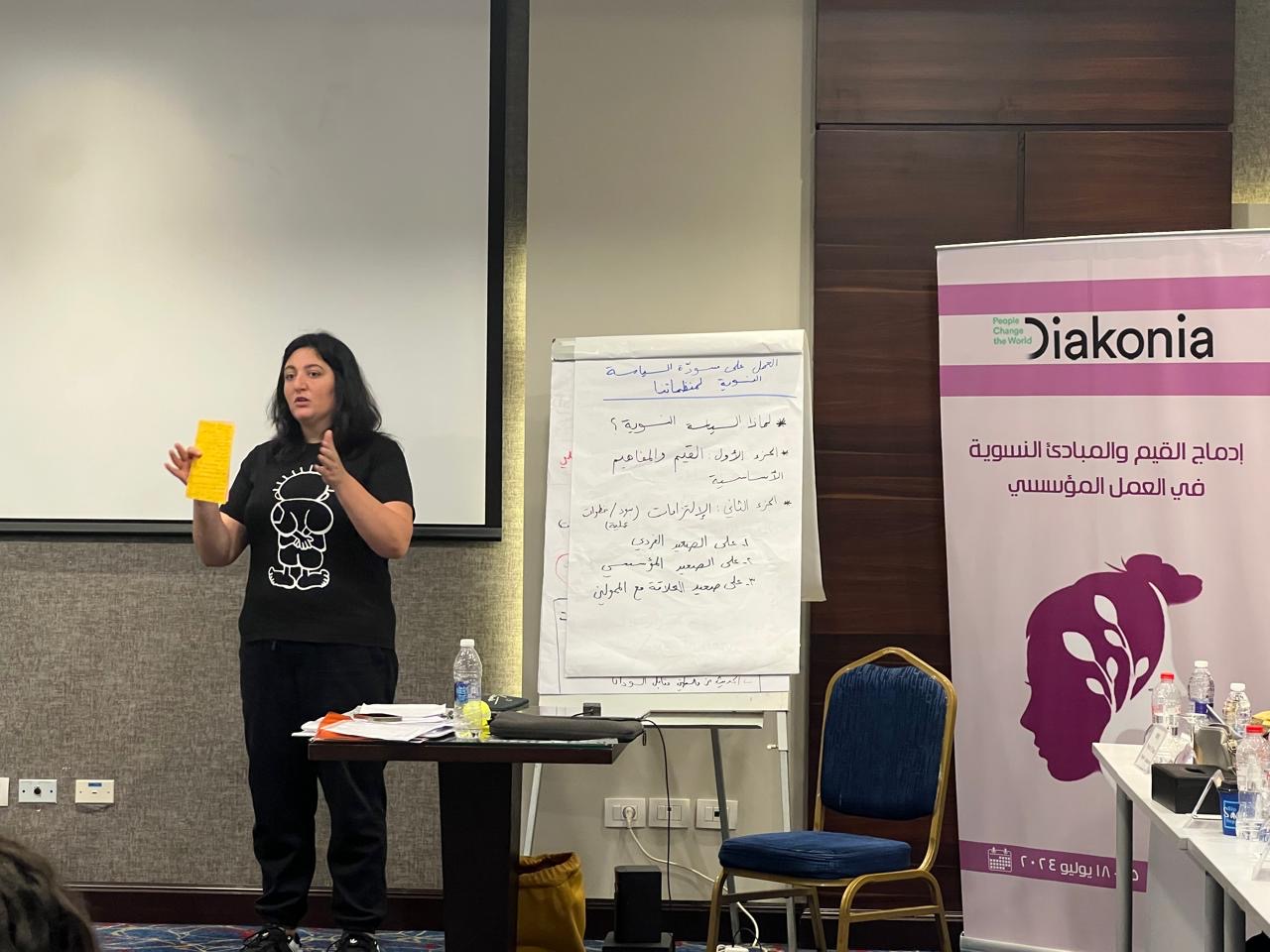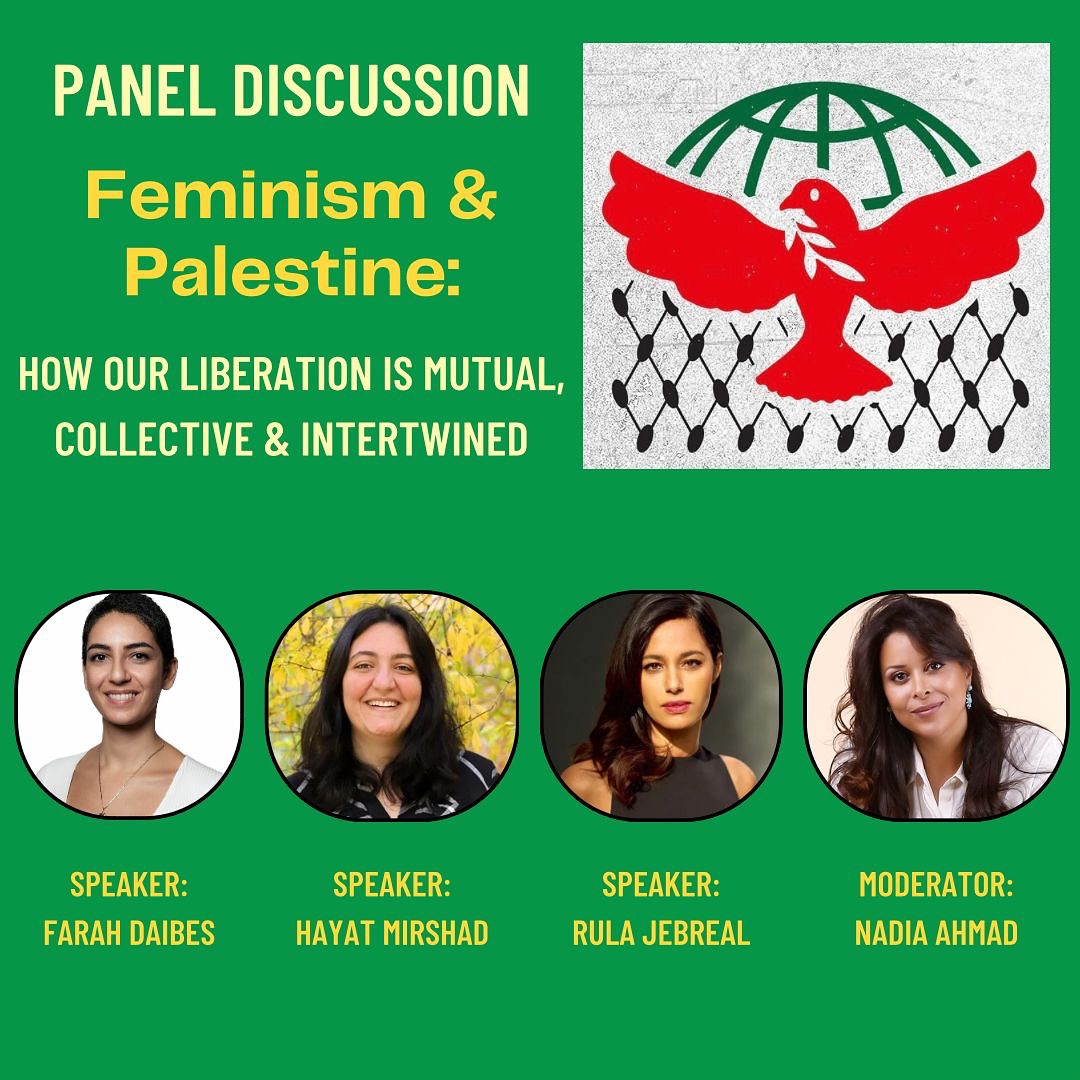Op-ed By Hayat Mirshad,
At the beginning of my engagement in the feminist movement, I publicly criticized another feminist and soon came to regret it. As my activism matured and I alongside it, I realized that this kind of behavior only serves to harm a movement already operating in a society much too eager to see us fight. Since then, I’ve taken an ethical and feminist decision to never allow myself to speak about any other feminist or woman publicly, and instead discuss my issues and views in person directly, without whistle blowing or hypocrisy. Simply, I want to dedicate all my power to challenging patriarchy – not fellow feminists in the fight!
On more than one occasion, I have felt a big sense of despair and exclusion from fellow feminists, leaders and pioneers in the movement – many of whom I had admired deeply. Bullying, hate speech, gossiping, tarnishing of reputations, judging, competition, personal attacks, exposing sensitive information, stigma, and discriminatory use of power are tactics women, especially feminists, have not only suffered from but have fought against for centuries. But what happens when these patriarchal practices are replicated within the movement? What are the ways of dealing with it, without risking the reputation and strength of the movement?
The normalization of hypocrisy and hate in activist movements is an issue we must tackle. We must NEVER stoop to a level of meanness that would compromise our mission, ruin our sisterhood, needlessly intensify our struggle, and render our fight and, worse, our very own spaces, unsafe. When I find myself feeling angry towards the movement, I turn to close friends. Concerned for my mental health, they have continuously tried to protect me and keep me away from these narratives, reminding of true feminist practices and anecdotes. Self-proclaimed feminists are not excused from bullying and harmful behavior.
We are all aware of the dangerous link between hate speech and violence. There is evidence that hate speech predicts violence, that individuals more exposed to hate speech are more likely to commit suicide, and that it causes what scientists call a ‘dehumanization effect’, making it easier for us to justify suffering and harm caused to another human being. Many pioneers and sisters in the movement were attacked and targeted by some feminists, and after their death, were mourned and called role models by those very same people. I don’t want this to happen to me or any other sister: either celebrate and love us when we’re alive, or simply spare us the hate and exclusion and direct this energy towards our common goals.
Our movement has to continue being led by honest, loving, hardcore feminist leadership that cares for lifting other women up no matter differences or opinions. The movement is and always will be about the women and girls we serve, defend, and love. How can we speak about opposing injustices while we judge others and further stigmatize and label who we deem not feminist enough? How can we speak about fighting violence while promoting hate? How do we dare to say that we are fighting the patriarchy while reproducing the same patriarchal approaches in our circles and among each other?
Feminism is an identity, a lifestyle, an everyday practice. It is about love, productive criticism, solidarity and understanding. Feminism is about us being honest with ourselves, especially those who stand on different platforms and lecture about feminism, solidarity, rights, well-being, do no harm, sisterhood…, to avoid through some practices being an uglier copy of the political dictatorships, of the patriarchal system, of the violent extremists we claim fighting against.
And for feminism to be successful, it must be sustained by generations.
Today’s generation of young feminists need to be welcomed and protected in the movement. They should not be subjected to unsafe spaces in our movement after fighting to escape patriarchal ones. More importantly, we cannot create a culture where young feminists feel pressure to identify with one group or another. So often, there is pressure to “out-radicalize” one another. There are debates within feminist thought and leadership that are universal and decades long. It is our responsibility to allow space for those joining to grow within their beliefs, rather than impose ours. Now, THAT is radical.








Leave A Comment